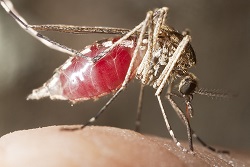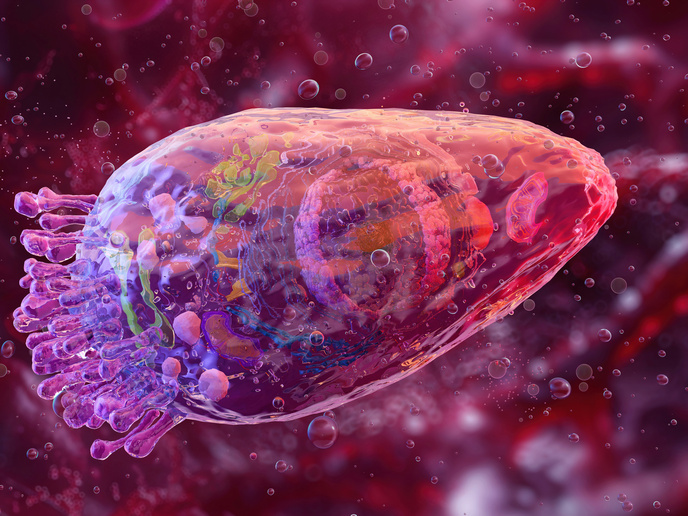A genetic breakthrough to tackle malaria
This work is crucial given the number of deaths caused by malaria annually, and the fact that parasite resistance against available drugs on the market has been detected. What is particularly concerning is that this resistance is spreading. Applying new techniques to better understand the parasite and identify possible targets for new, more effective therapies, could save thousands of lives. “We were able to finetune a technique known as random mutagenesis, which we are confident will enable us to uncover gene functions that have to date been poorly understood,” says GENETICHTS REVEAL PF project coordinator Dr Ilaria Russo from the University of Manchester in the UK. “We were able to solve, one by one, every technical issue we came across. The key breakthrough of this project (the results are still to be published) is that we have shown this technique to be feasible.” Mutagenesis involves deliberately engineering DNA mutations to produce mutant genes or other genetically modified organisms. Various constituents of a gene can be mutated so that the functioning of a gene can be examined in detail. “This allows us to directly analyse genes and better understand what the malaria parasite’s essential genes are,” says Russo. “Essential genes are valuable drug targets for new anti-malarial therapies.” A misunderstood parasite While malaria represents one of the most serious global public health concerns, scientists still do not have a detailed understanding of the parasite’s lifecycle. This makes it much harder to develop effective treatments and to take preventive measures. A vaccine against malaria not only remains elusive; the effectiveness of existing treatments is diminishing as resistance increases. “Malaria parasites have several ways of dodging human immune responses,” explains Russo. “One way is by changing, one at a time, exposed molecules – called antigens – to resist the body’s immune response. The ability to switch antigens means it is much harder to develop a protective vaccine or effective cure.” There are other challenges. After transferring from the mosquito’s salivary glands to their human hosts, malaria parasites invade red blood cells, which provide them with the perfect hiding spot. When the parasites burst out of red blood cells and infect their hosts, they are exposed to our immune system for a very brief period – just a few minutes. Genetic solutions The idea behind the GENETICHTS REVEAL PF project, which was funded through an EU Marie Curie International Re-Integration Grant, was to develop and apply novel genetic methods to achieve a better understanding of the parasite’s lifecycle. The focus has been on genes responsible for asexual growth, sexual differentiation and virulence through interaction with the host immune system, with a view to eventually developing new targeted therapies. “Challenges related to developing novel therapies or preventions have been largely due to a lack of understanding of the parasite’s complex lifecycle” says Russo. “This includes its relationship with its host.” The project’s success in developing a methodology for the random mutagenesis technique, and in advancing our understanding of how our immune cells function, will now be built upon. A library of mutated genes will be an important resource for researchers in the field moving forward. “Our work is focused on the long term, which can be a challenge as we live in a society where short term economic gains often influence decisions,” notes Russo. “This makes the funding we receive so important. We hope to secure further funding to apply our new methodology on a larger scale and make a more significant contribution to both drug discovery and vaccination.”







